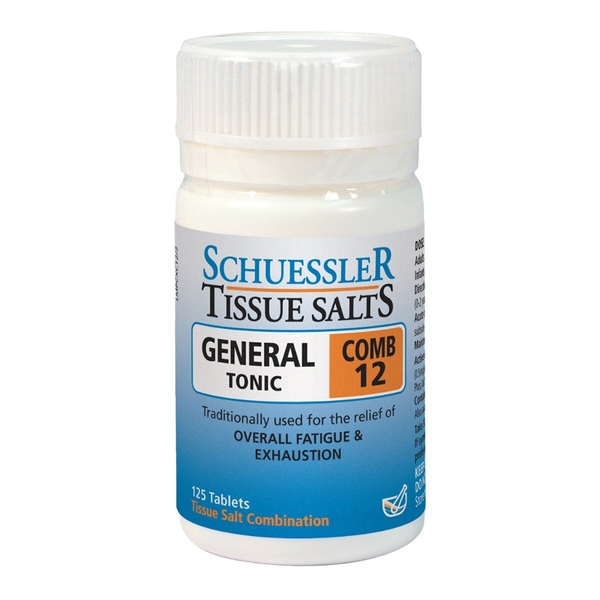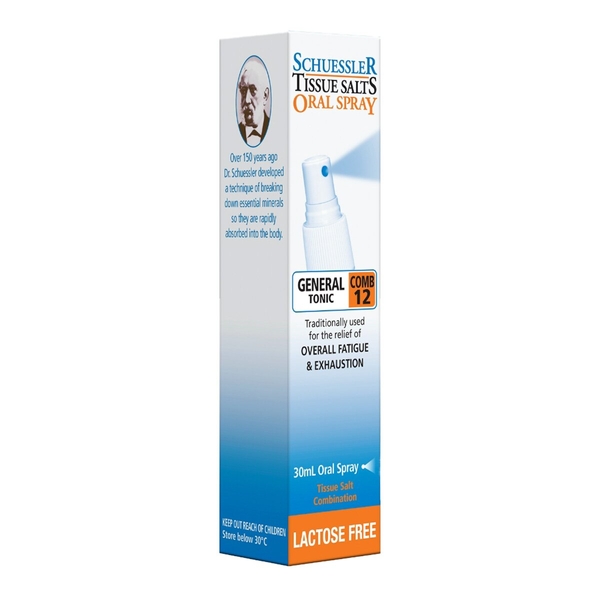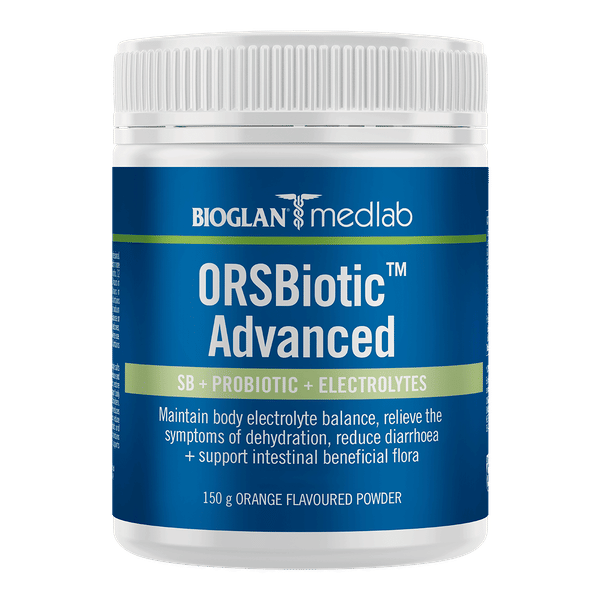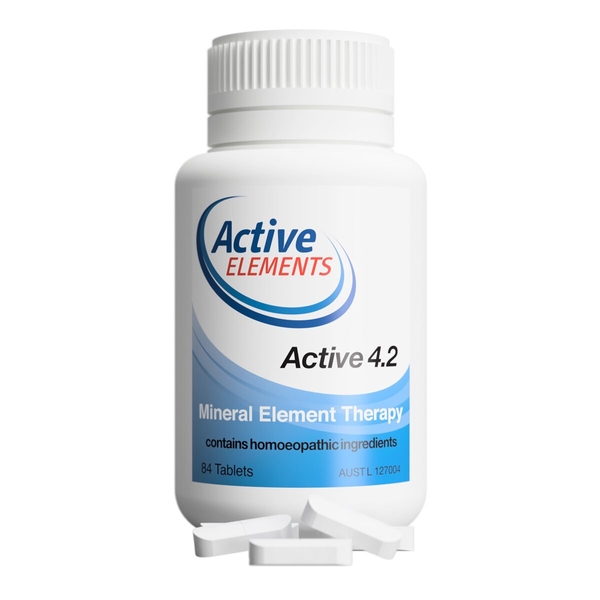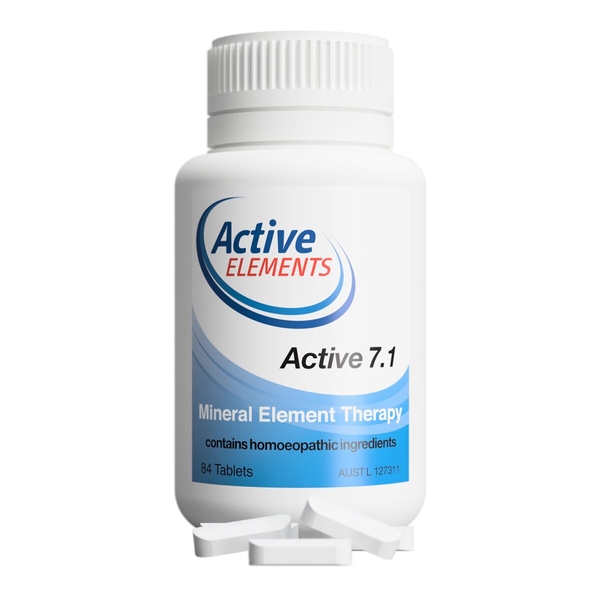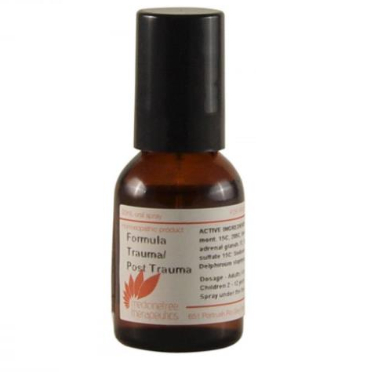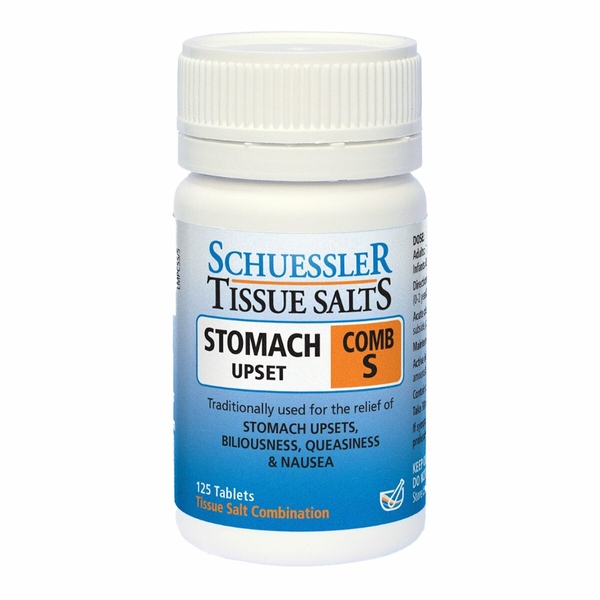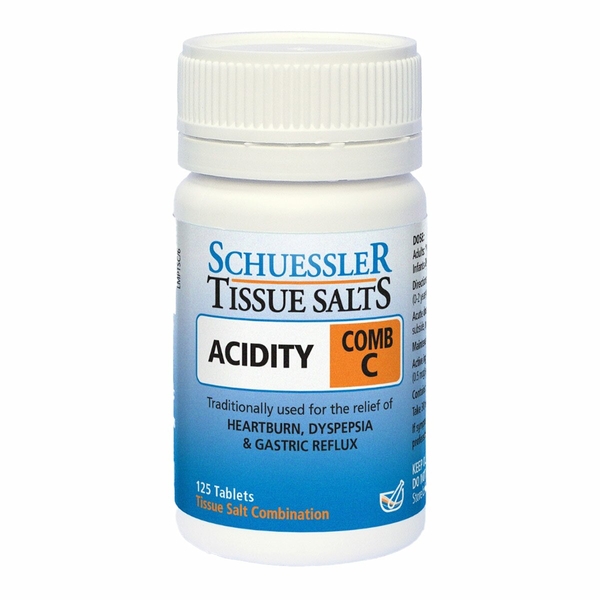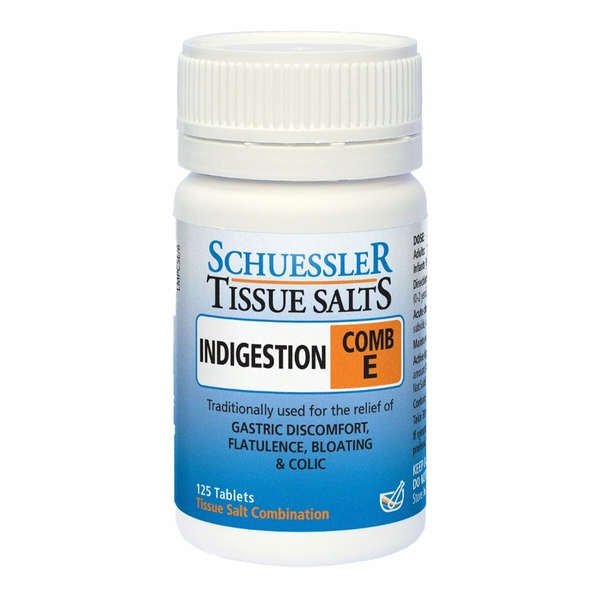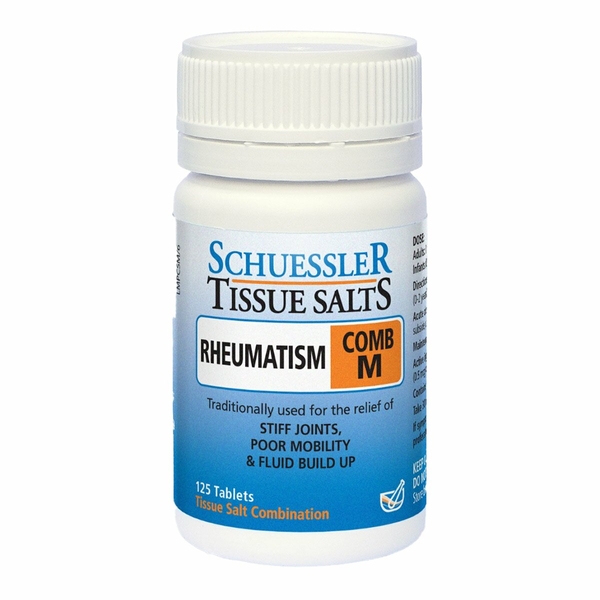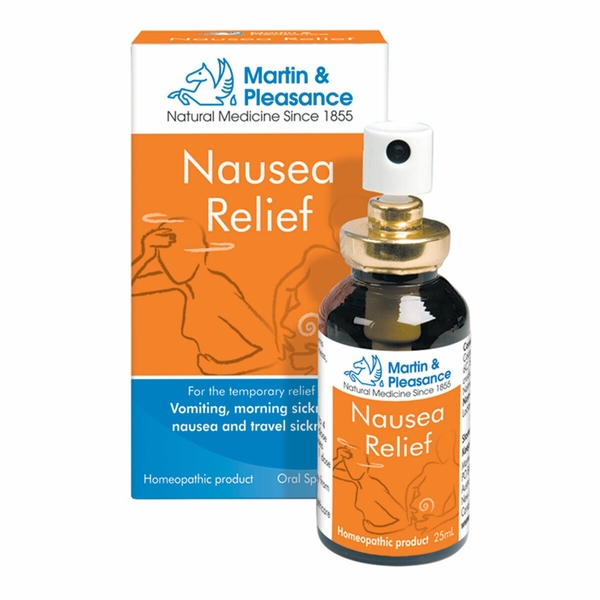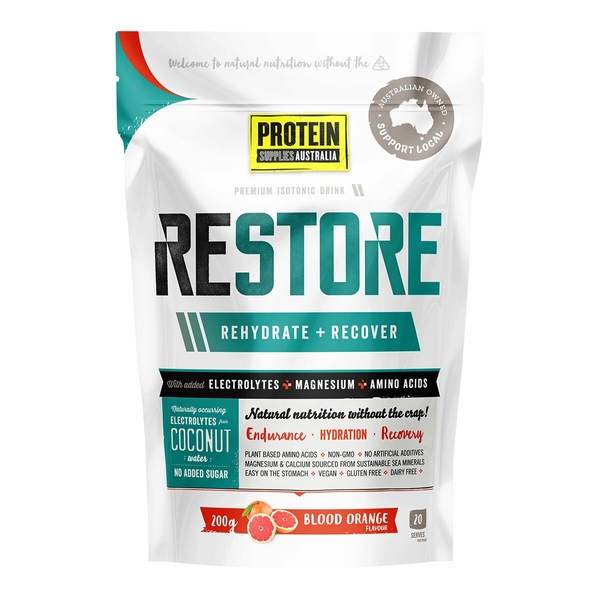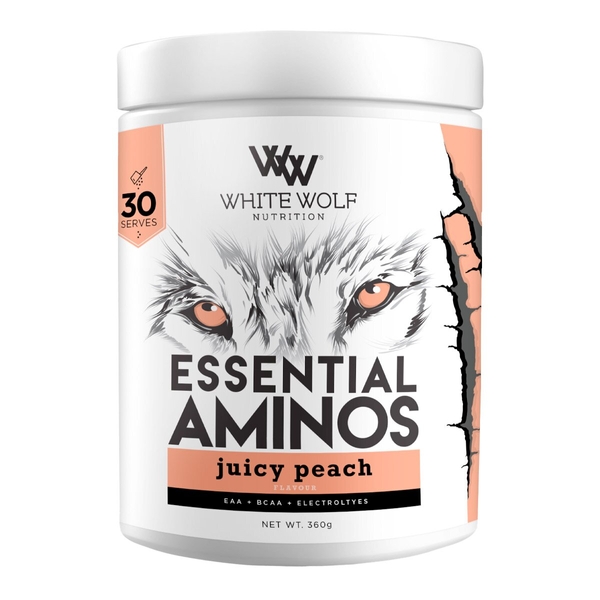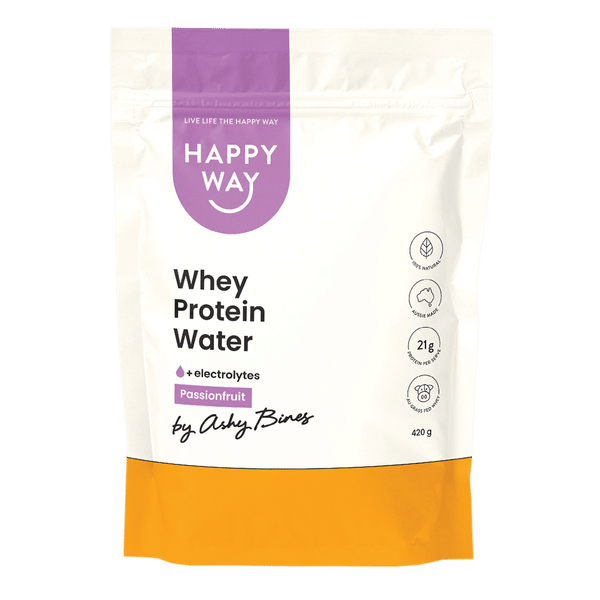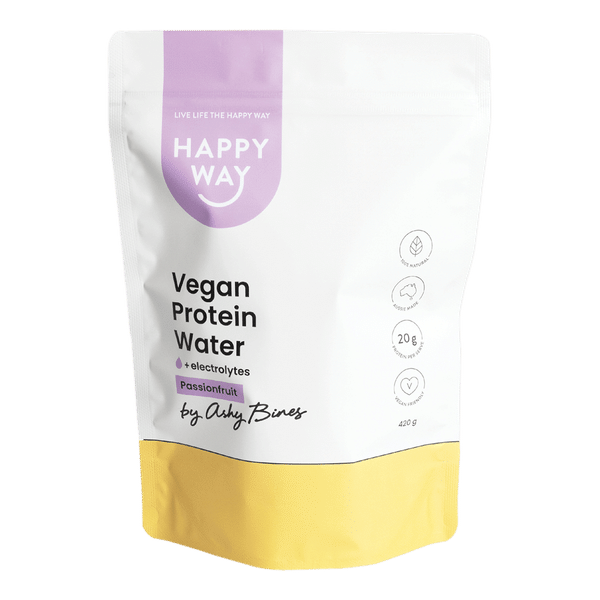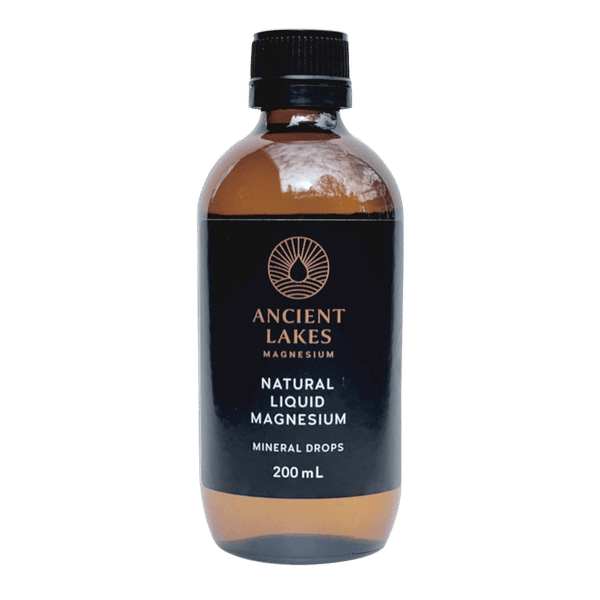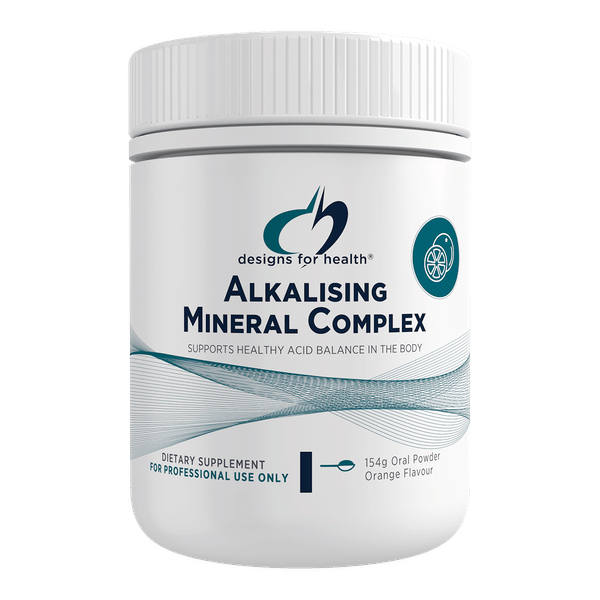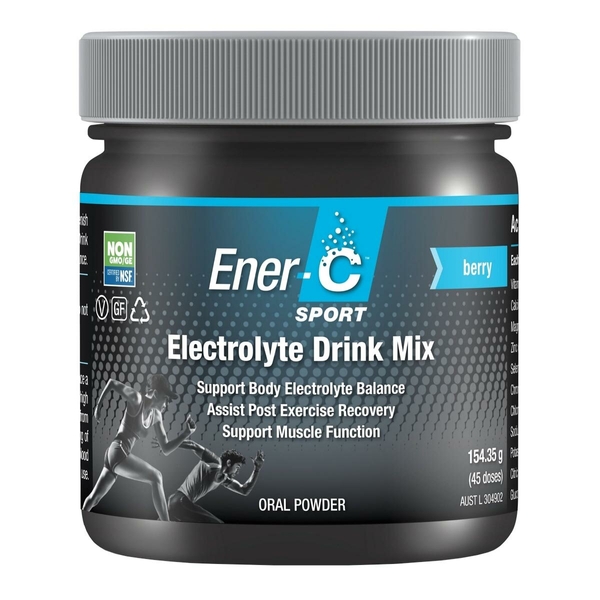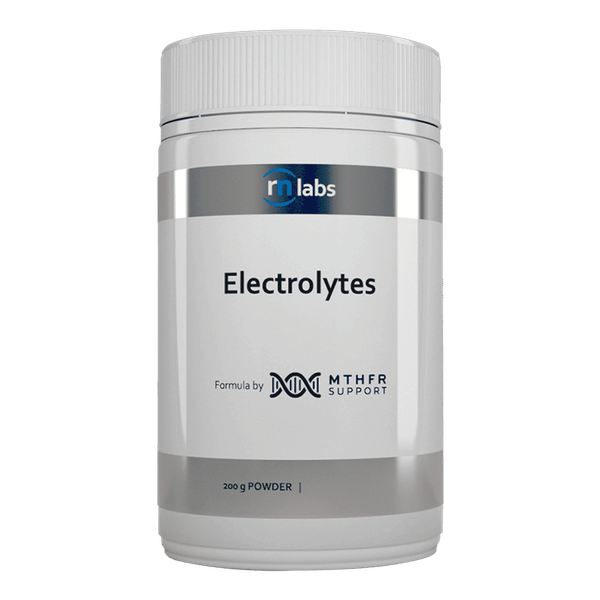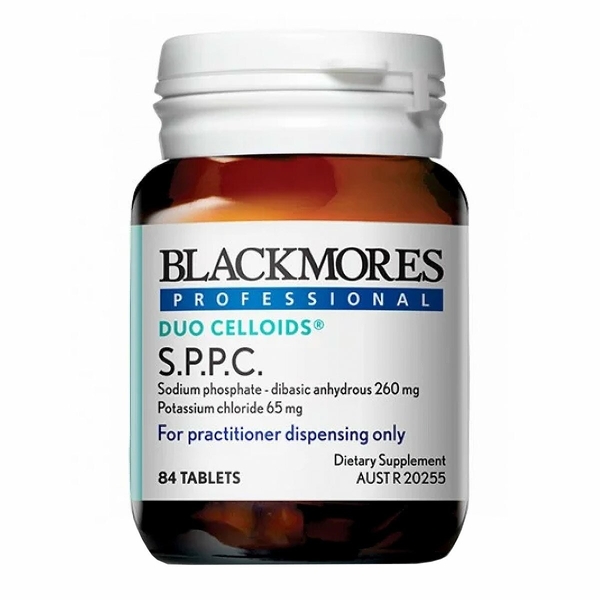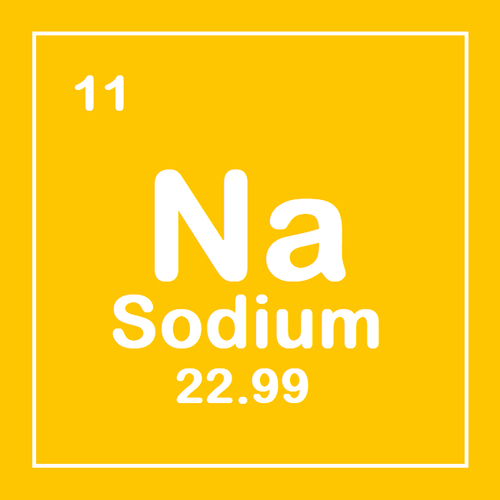
Background
Table salt accounts for 90% of dietary sodium intake in the US. Sodium helps to balance levels of fluids and electrolytes in the body. This balance can affect blood pressure and the health of the kidneys and heart.
People use sodium in the form of inhaled sodium chloride for cystic fibrosis. It is also used for low sodium levels, to prevent kidney toxicity caused by the drug amphotericin B, and for many other conditions, but there is no good scientific evidence to support many of these other uses.
Don't confuse sodium with the sodium bicarbonate salt. These are not the same.
Safety Safety definitions
When applied to the skin: There isn't enough reliable information to know if sodium is safe or what the side effects might be.
When applied into the eye: There isn't enough reliable information to know if sodium is safe or what the side effects might be.
Special Precautions & Warnings:
Pregnancy and breast-feeding: Sodium is likely safe to take by mouth in doses of less than 1.5 grams daily while pregnant or breast-feeding. But sodium is possibly unsafe when taken in higher amounts. Larger doses increase the risk of high blood pressure.Children: Sodium is likely safe for most children when taken by mouth appropriately. Sodium is safe when used in doses less than 1.2 grams daily in children ages 1-3 years, 1.5 grams daily in children 4-8 years, 1.8 grams daily in children 9-13 years, and 2.3 grams daily in adolescents. Sodium is possibly unsafe when taken in higher amounts. Larger doses increase the risk of high blood pressure.
Alcohol use disorder: People who consume excessive amounts of alcohol should consume sodium in moderation. Consuming sodium can increase the risk of high blood pressure.
Heart disease: People with heart disease should consume sodium in moderation. Consuming sodium at levels above 2.3 grams daily can increase the risk of heart disease and death.
High levels of sodium in the body: Taking sodium increases levels of sodium in the body and might make this condition worse.
High blood pressure: Taking large amounts of sodium can increase blood pressure.
Kidney disease: People with kidney disease should limit sodium intake. Consuming large amounts of sodium can worsen kidney disease.
Multiple sclerosis (MS): Consuming too much salt in the diet might worsen MS. People with MS should stay below the maximum recommended amount of 2.3 grams daily.
Obesity: Obese people or those at risk for obesity should consume sodium in moderation. Consuming large amounts of sodium might cause people to gain more weight.
Weak and brittle bones (osteoporosis): Consuming too much salt in the diet might worsen osteoporosis. People with osteoporosis should stay below the maximum recommended amount of 2.3 grams daily.
Effectiveness
- Cystic fibrosis. Using a sodium chloride inhalant long-term, along with medicine to dilate airway passages, reduces lung problems and improves quality of life in people with cystic fibrosis.
- Kidney injury caused by an antifungal drug (amphotericin B nephrotoxicity). Giving sodium chloride solution by mouth or by IV to people receiving amphotericin B helps prevent kidney problems cause by this drug. IV products can only be given by a healthcare provider.
Dosing & administration
Interactions with pharmaceuticals
Lithium
Interaction Rating=Moderate Be cautious with this combination.
Increasing sodium intake might increase how much lithium is removed from the body. But reducing sodium intake might reduce how much lithium is removed from the body. People taking lithium should avoid making large changes to their intake of sodium without first talking with a healthcare professional.
Medications for high blood pressure (Antihypertensive drugs)
Interaction Rating=Moderate Be cautious with this combination.
Large amounts of sodium might increase blood pressure. Taking large amounts of sodium might reduce the effects of blood pressure medications. Monitor your blood pressure closely.
Medications for inflammation (Corticosteroids)
Interaction Rating=Moderate Be cautious with this combination.
Some medications affect salt and water balances in the body. These medications might increase levels of sodium. Taking these medications along with sodium might cause sodium levels to become too high.
Tolvaptan (Samsca)
Interaction Rating=Moderate Be cautious with this combination.
Tolvaptan is a medicine used to increase sodium levels in some people. Taking tolvaptan along with sodium might cause sodium levels to become too high.
Interactions with herbs & supplements
Interactions with foods
Products
View all products- Natrum muriaticum (Nat mur)
- Sodium sulphate (Nat sulph)
- Sodium phosphate (Nat phos)
- Calcium fluoride (Calc fluor)
- Calcium phosphate (Calc phos)
- Calcium sulphate (Calc sulph)
- Ferrum phosphate (Ferr Phos)
- Kalium muriaticum (Kali mur)
- Potassium phosphate (Kali phos)
- Potassium sulphate (Kali sulph)
- Magnesium phosphate (Mag phos)
- Silicon dioxide (Silica)
- Sodium chloride (Nat mur)
- Sodium sulphate (Nat sulph)
- Sodium phosphate (Nat phos)
- Calcium phosphate (Calc phos)
- Ferrum phosphate (Ferr Phos)
- Potassium phosphate (Kali phos)
- Magnesium phosphate (Mag phos)
- Silicon dioxide (Silica)
- Calcium fluoride (Calc fluor)
- Calcium sulphate (Calc sulph)
- Potassium chloride (Kali mur)
- Potassium sulphate (Kali sulph)
- Sodium citrate dihydrate 725 mg equiv. sodium 170 mg equiv. citrate 466.17 mg
- Sodium chloride (Salt) 650 mg equiv. sodium 255.71 mg equiv. chloride 394.29 mg
- Saccharomyces cerevisiae (boulardii) (SB) 2.5 billion CFU
- Glucose anhydrous 3.375 g
- Lactobacillus rhamnosus 2.5 billion CFU
- Potassium chloride 375 mg equiv. potassium 196.68 mg equiv. chloride 178.32 mg
- Sodium chloride
- Sodium sulphate 100 mg equiv. sodium 32.37 mg
- Sodium sulphate (Nat sulph)
- Potassium sulphate
- Potassium chloride
- Magnesium phosphate pentahydrate (Mag phos)
- Ferrous phosphate octahydrate (Iron)
- Calcium sulphate dihydrate (Calc sulph)
- Potassium sulphate 50 mg equiv. potassium 22.44 mg
- Magnesium phosphate pentahydrate 70 mg equiv. magnesium 14.48 mg
- Iron phosphate 10 mg equiv. iron 3.34 mg
- Calcium sulphate dihydrate 15 mg equiv. calcium 3.49 mg
- Natrium sulphuricum (Nat sulph)
- Sodium phosphate (Nat phos)
- Kalium muriaticum (Kali mur)
- Natrium sulphuricum (Nat sulph)
- Sodium phosphate (Nat phos)
- Calcium phosphate (Calc phos)
- Kalium muriaticum (Kali mur)
- Natrium sulphuricum (Nat sulph)
- Natrium phosphoricum
- Ipecacuanha
- Sepia
- Cocculus
- Antimonium crudum
- Symphoriocarpus
- Sodium chloride (Salt)
- L-leucine 2 g
- L-valine 1 g
- L-isoleucine 1 g
- Total Amino blend Amino9™ 2 g
- L-histidine
- L-isoleucine
- L-leucine
- L-lysine
- L-methionine
- L-phenylalanine
- L-threonine
- L-valine
- L-tryptophan
- L-glutamine 1 g
- Potassium chloride
- Calcium citrate
- Magnesium sulphate
- Ananas comosus (Bromelain) 25 mg
- Natural flavours
- Citric acid monohydrate
- Stevia rebaubiana
- Polyphenolic fulvic minerals 10 mg
- Tart cherry extract 250 mg
- Curcuma longa 50 mg
- Sodium chloride (Salt)
- Hydrolysed bovine collagen peptides 23.4 g
- Whey protein concentrate
- Cichorium intybus (root) (Chicory)
- Natural flavours
- Coconut water powder
- Medium chain triglycerides (MCT)
- Potassium citrate
- Magnesium citrate
- Calcium citrate
- Ascorbic acid (Vitamin C)
- Citric acid anhydrous
- Stevia rebaubiana
- Thaumatin
- Beta-carotene
- Riboflavin (Vitamin B2)
- Sodium chloride (Salt)
- Hydrolysed pea protein
- L-alanine
- Glycine
- L-valine
- L-leucine
- L-isoleucine
- L-proline
- L-phenylalanine
- L-tyrosine
- L-serine
- L-threonine
- L-methionine
- L-arginine
- L-histidine
- L-lysine
- L-aspartic acid
- L-glutamic acid
- L-tryptophan
- L-cysteine
- Natural flavours
- Cichorium intybus (root) (Chicory)
- Acacia sp. (gum)
- Coconut water powder
- Medium chain triglycerides (MCT)
- Potassium citrate
- Magnesium citrate
- Calcium citrate
- Ascorbic acid (Vitamin C)
- Citric acid anhydrous
- Stevia rebaubiana
- Thaumatin
- Beta-carotene
- Riboflavin (Vitamin B2)
- Sodium citrate dihydrate 810.2 mg equiv. sodium 190 mg
- Calcium citrate tetrahydrate 2.13 g equiv. calcium 450 mg
- Potassium citrate 484.05 mg equiv. potassium 175 mg
- Magnesium citrate nonahydrate 2.52 g equiv. magnesium 300 mg
- Calcifediol monohydrate (Vitamin D) 10 μg
- Zinc citrate dihydrate 31.95 mg equiv. zinc 10 mg
- Chromium nicotinate 403.23 μg equiv. chromium 50 μg
- Molybdenum trioxide 150 μg equiv. molybdenum 100 μg
- Yeast 25 mg
- Manganese amino acid chelate 25 mg equiv. manganese 5 mg
- Borax 26.4 mg equiv. boron 3 mg
- Menaquinone 7 (Vitamin K2) 100 μg
- Sodium chloride (Salt) 321.36 mg equiv. sodium 125 mg equiv. chloride 196.35 mg
- Calcium ascorbate (Vitamin C) 279.91 mg equiv. ascorbic acid 226.72 mg equiv. calcium 25.75 mg
- Calcium citrate 117.16 mg equiv. calcium 24.25 mg
- Zinc ascorbate 33.33 mg equiv. zinc 5 mg equiv. ascorbic acid 25 mg
- Potassium chloride 293 mg
- Potassium chloride 212 mg equiv. potassium 110 mg equiv. chloride 101.95 mg
- Citric acid monohydrate 580 mg
- Glucose monohydrate 800 mg
- Magnesium citrate 340 mg equiv. magnesium 50 mg
- Sodium selenite 25.3 µg equiv. selenium 5 µg
- Chromium picolinate 1 mg equiv. chromium 20 µg

